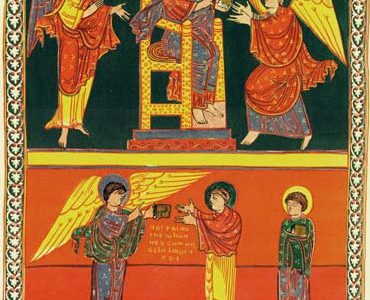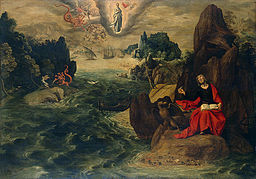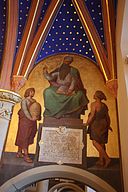It is the vocabulary and style of the Gospel of John, the Johannine epistles, and Revelation that scholars generally point to as decisive evidence against common authorship. Centuries ago, Dionysius encourages a sharp distinction between John’s works by emphasizing the…
Authorship of the Book of Revelation (part 2): What about the Differences in Style?



